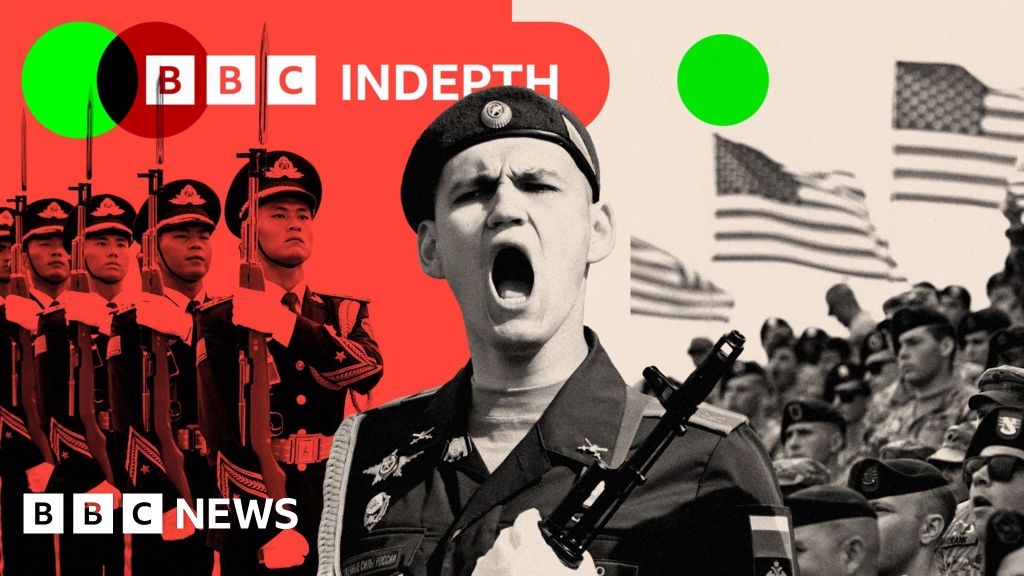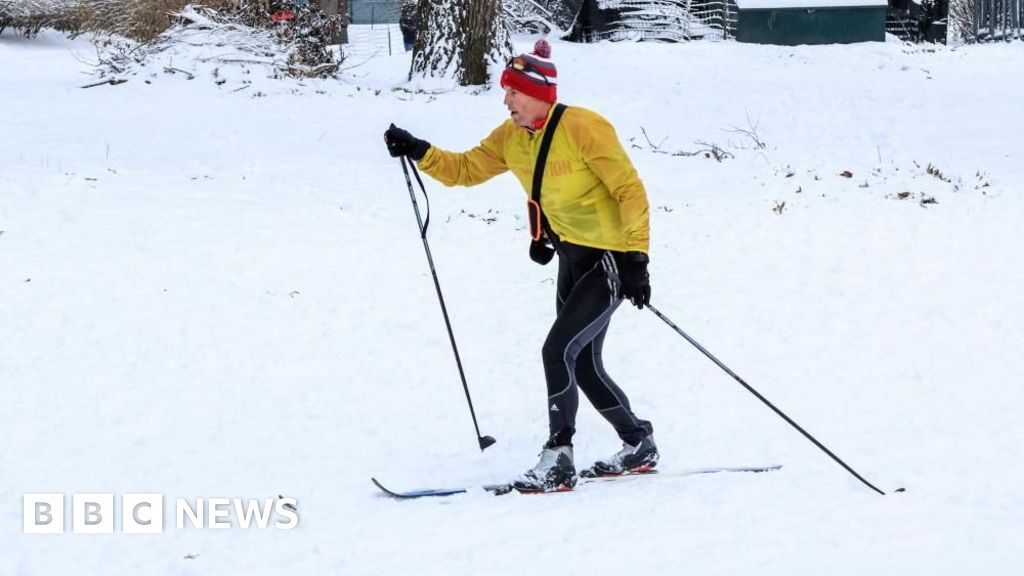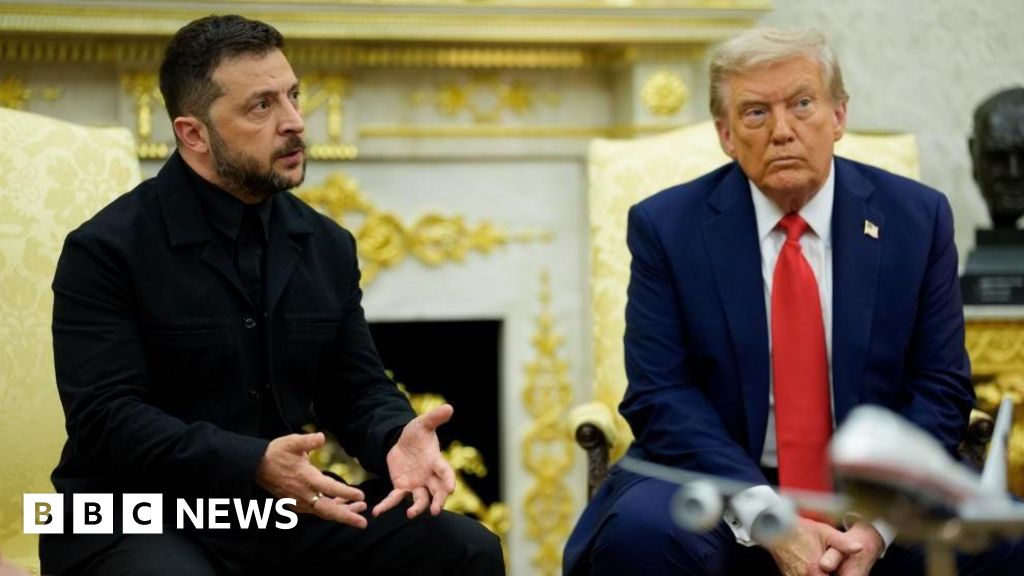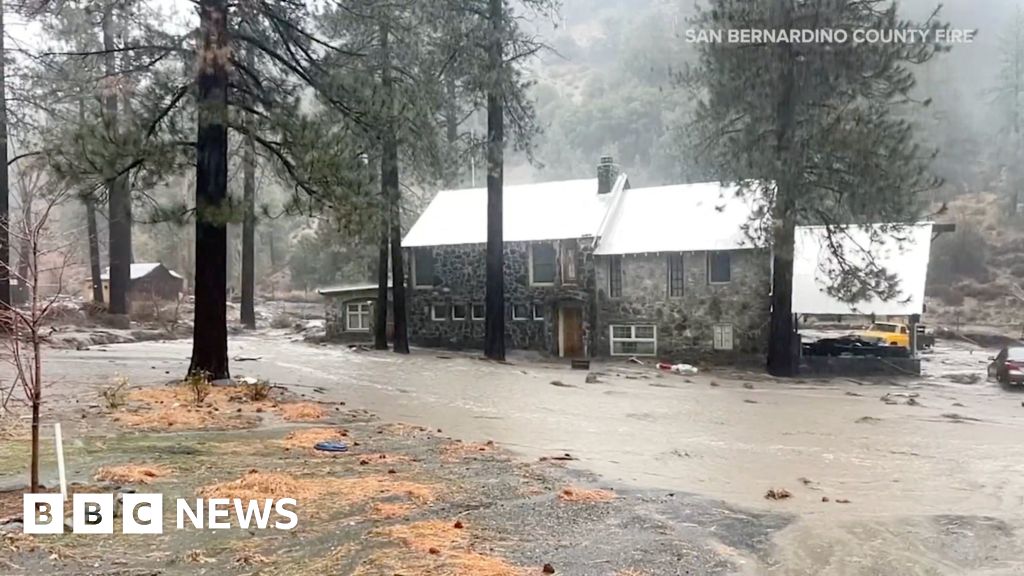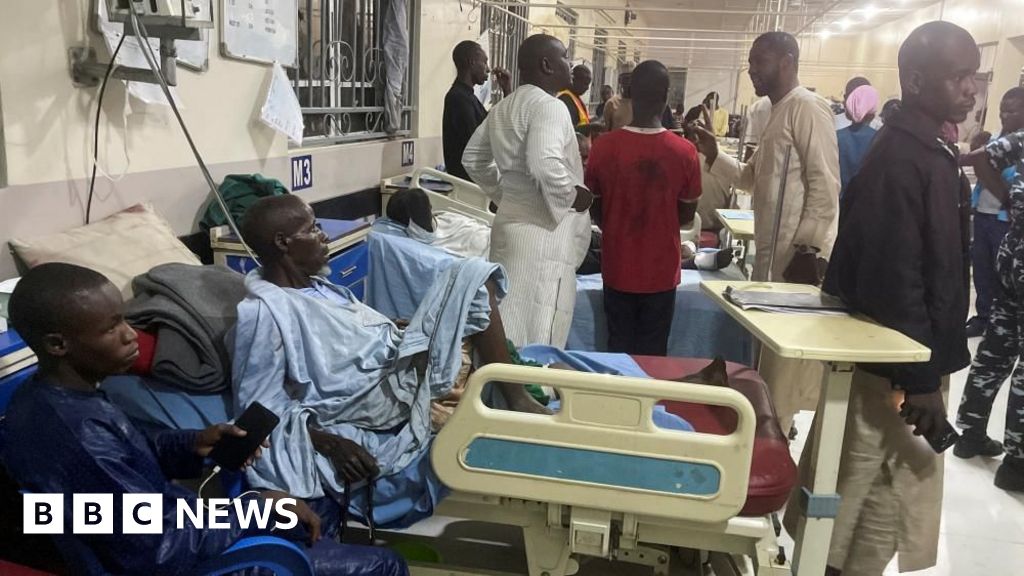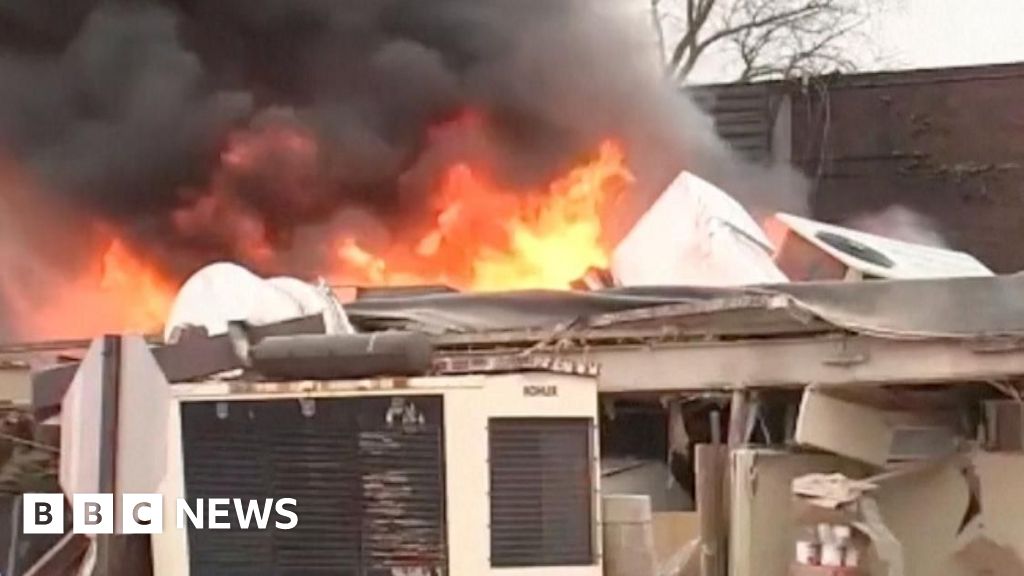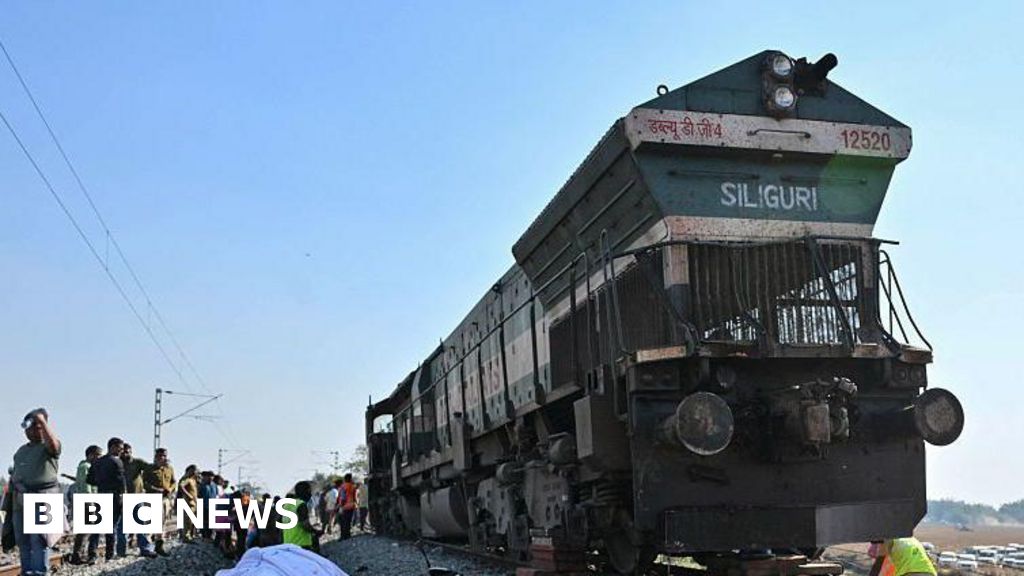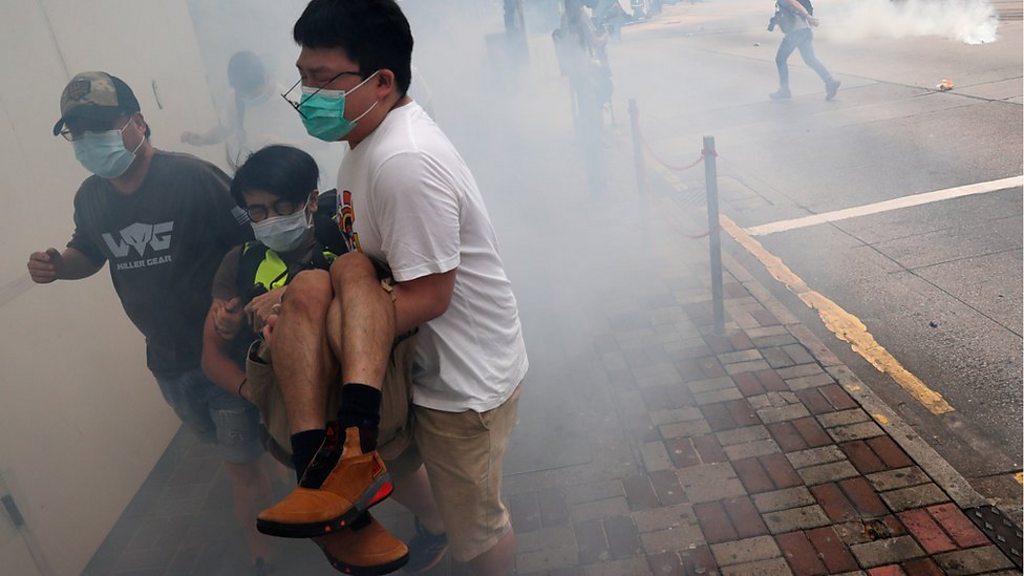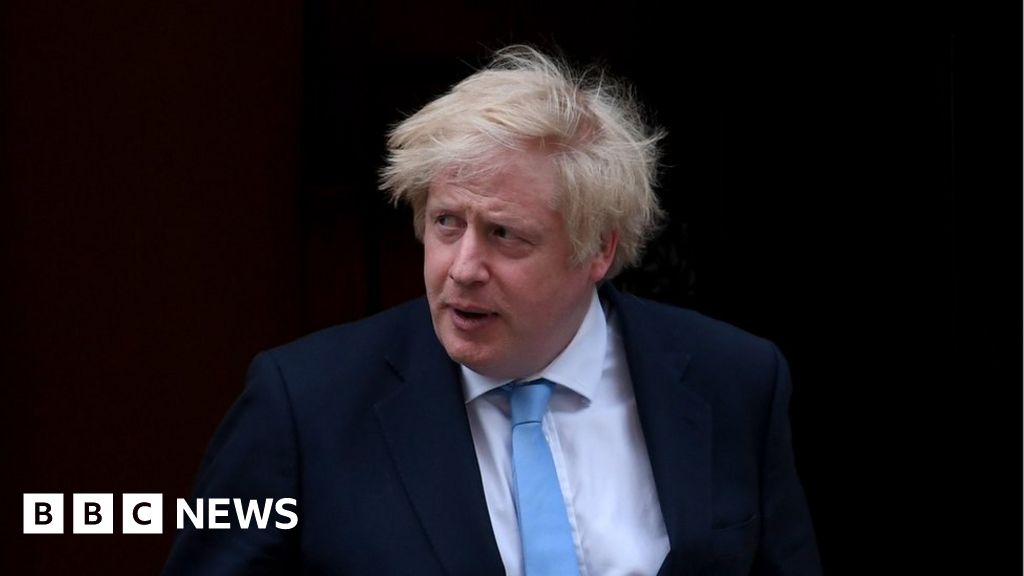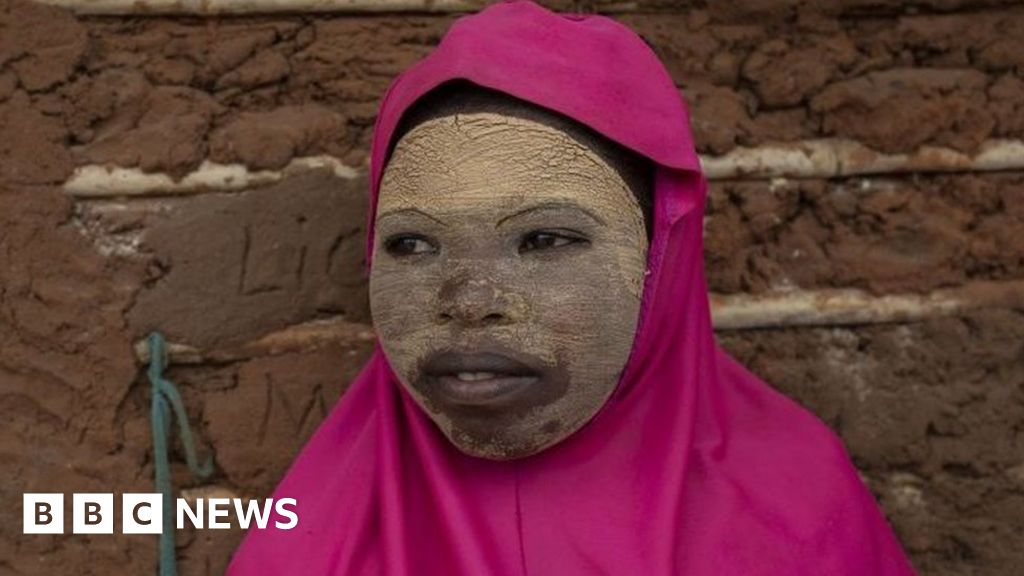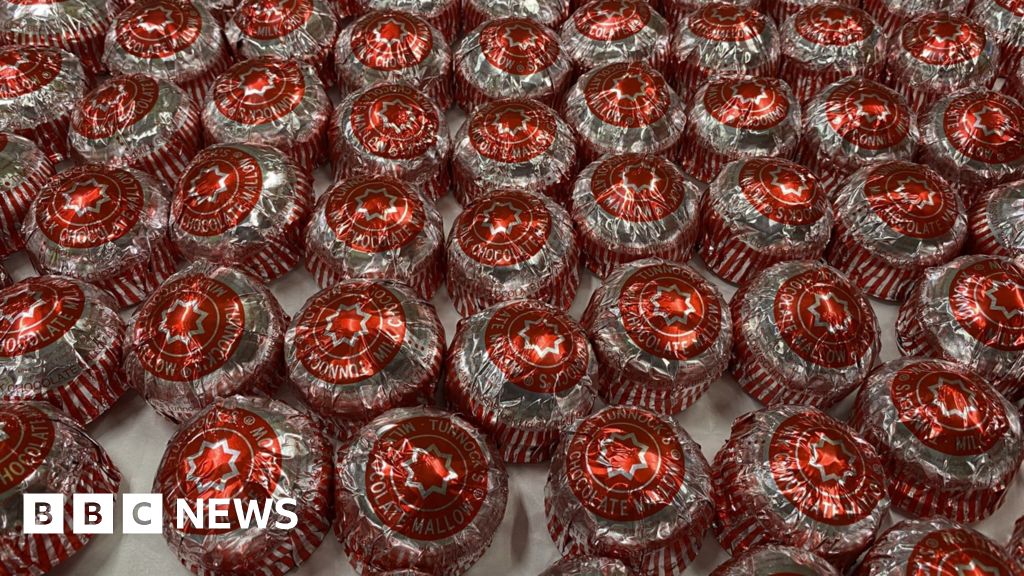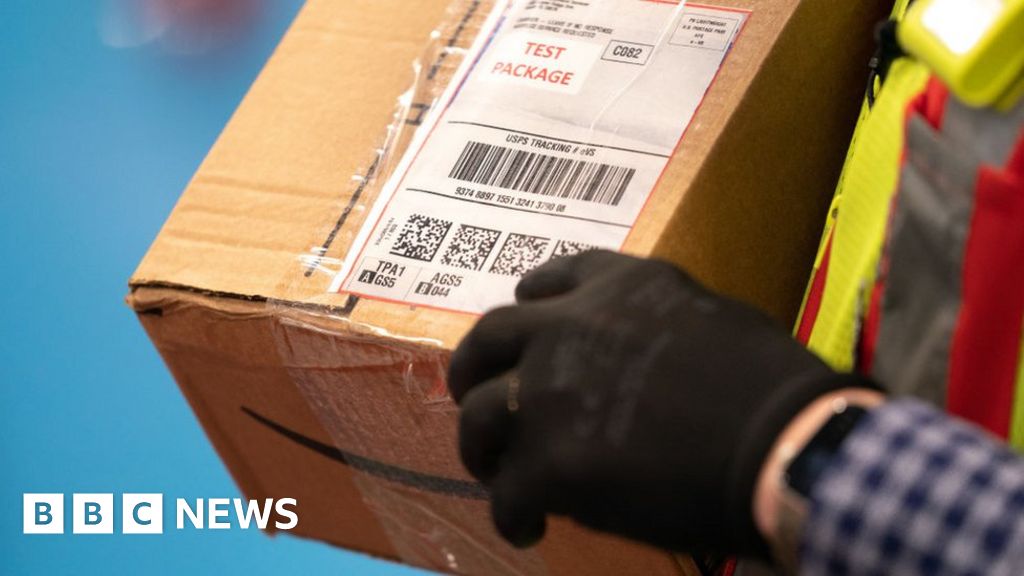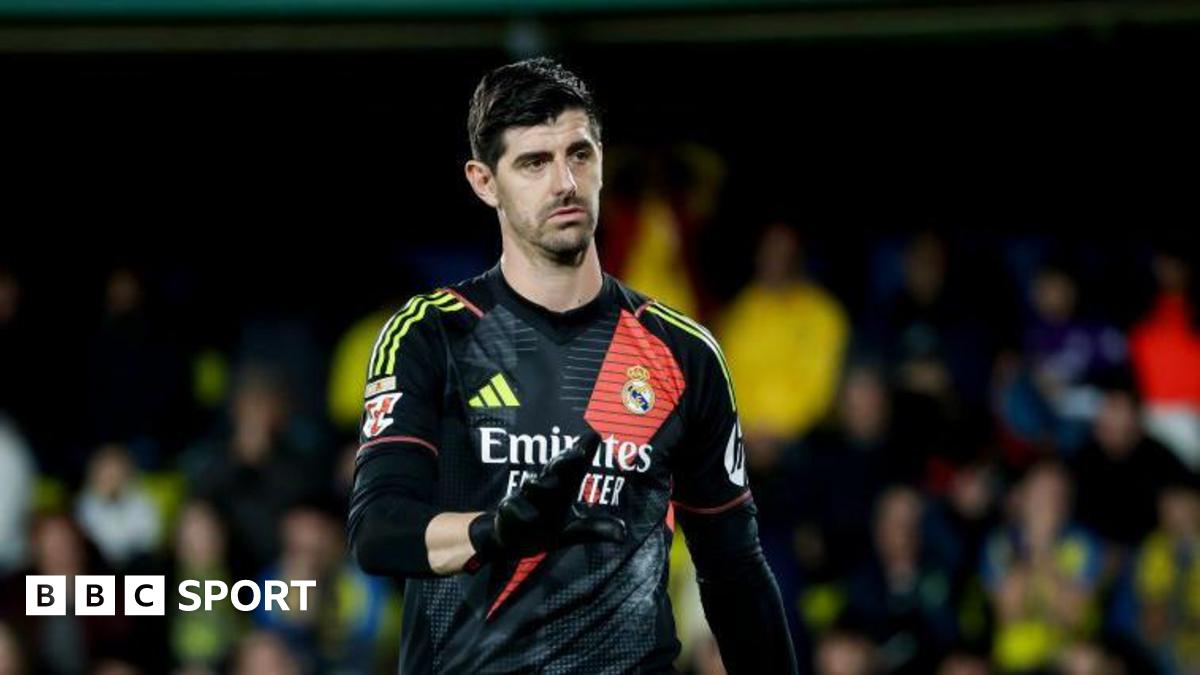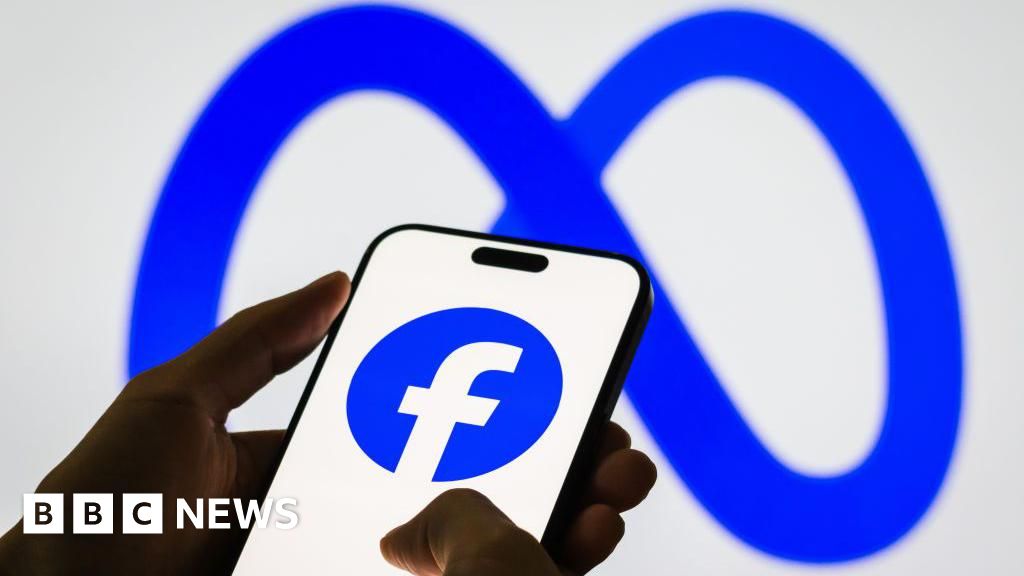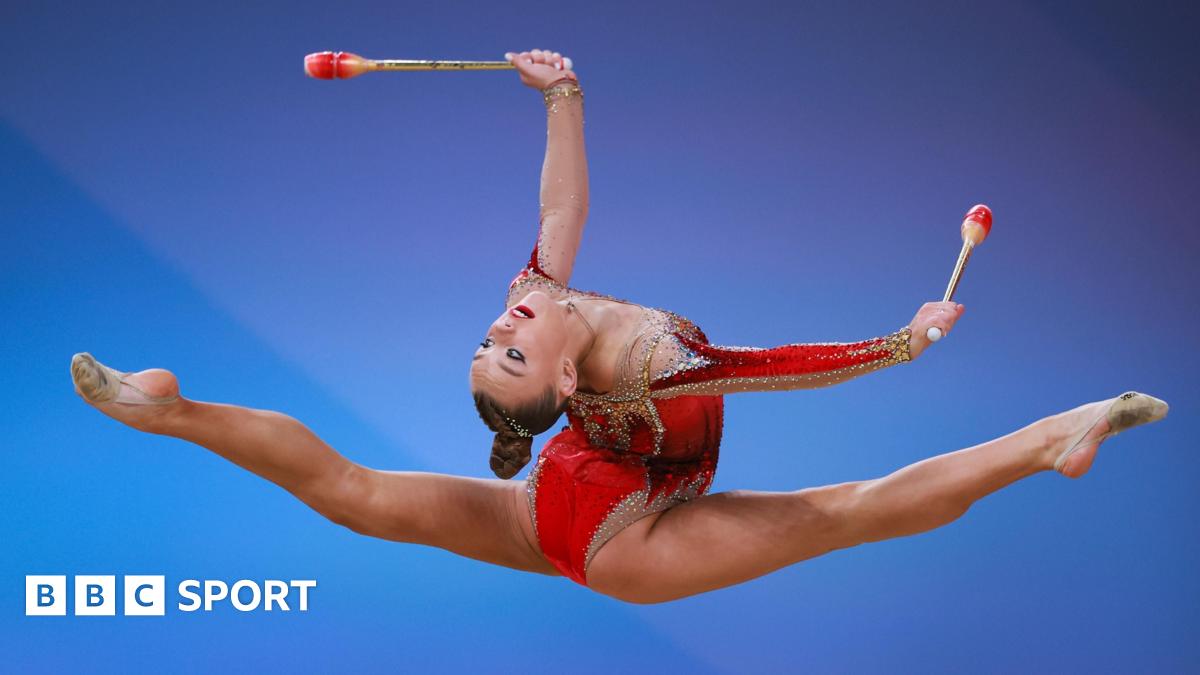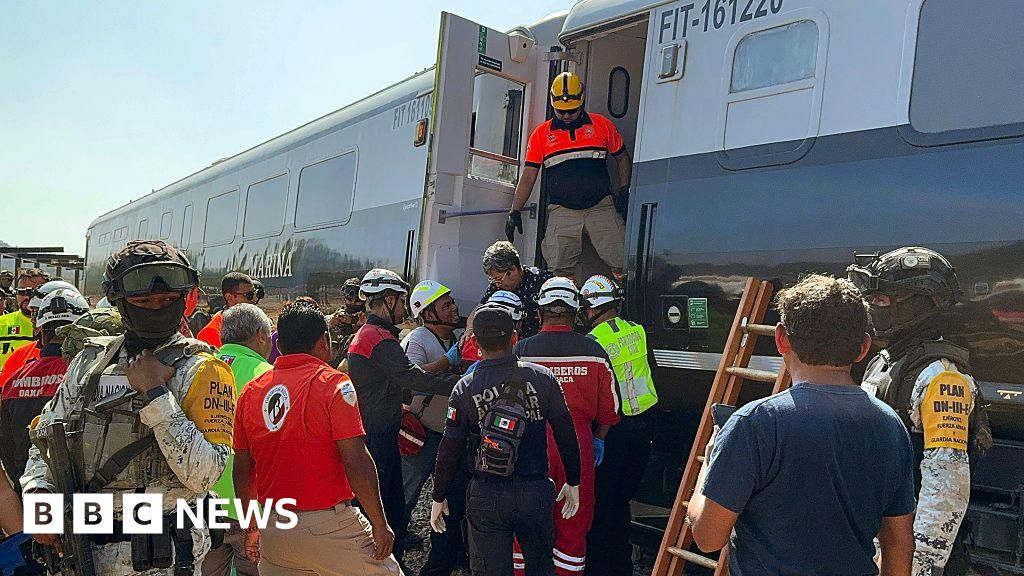Media playback is unsupported on your device
Police in Hong Kong have fired tear gas and water cannon at protesters rallying against China’s plans to impose a new security law on the territory.
Thousands of demonstrators have been marching through the city centre. Police say 120 have been arrested.
Earlier, 200 senior politicians from around the world issued a joint statement criticising China’s plan.
Signatories called it a “comprehensive assault on the city’s autonomy, rule of law and fundamental freedoms”.
China is seeking to pass a law that would ban “treason, secession, sedition and subversion” in the territory.
It has dismissed fears the legislation would harm foreign investors in Hong Kong, an important financial centre, and has lashed out at “meddling” countries.
Hong Kong’s leader Carrie Lam, who is seen as part of the pro-Beijing political establishment, has pledged full support for the proposed law and said the city’s freedoms would remain unchanged.
How are the latest demonstrations unfolding?
Protesters gathered in the busy Causeway Bay and Wan Chai districts of the city on Sunday, chanting slogans against the government and waving banners.
“People may be criminalised only for words they say or publish opposing the government,” 25-year-old Vincent told AFP new agency, referring to the draft law.
Image copyright
Reuters
Crowds of protesters march through the city’s popular shopping district
Riot police fired tear gas and water cannon at demonstrators, who were wearing face masks to protect against the spread of coronavirus.
The rally comes despite earlier warnings from authorities against unauthorised assembly and a ban on large public gatherings to enforce social distancing.
Some protesters threw objects such as umbrellas and water bottles at officers, and used bins and other debris to set up road blocks.
Reports say Sunday’s protest followed a similar pattern to many of last year’s demonstrations, many of which turned violent.
Image copyright
EPA
Police fire water cannon to disperse protesters in Causeway Bay
More than 8,400 people have been arrested in Hong Kong since pro-democracy protests erupted last year.
What is in China’s proposed law?
The “draft decision” – as it is known before approval by China’s National People’s Congress – includes an article that says Hong Kong “must improve” national security.
It adds: “When needed, relevant national security organs of the Central People’s Government will set up agencies in Hong Kong to fulfil relevant duties to safeguard national security in accordance with the law.”
Media playback is unsupported on your device
That means China could potentially have its own law enforcement agencies in Hong Kong, alongside the city’s own.
Earlier this week, US Secretary of State Mike Pompeo condemned the plans, which he described as a “death knell” for the city’s freedoms. The UK, Australia and Canada have also expressed their “deep concern”.
Relations between the two Washington and Beijing are already strained over trade disputes and the coronavirus pandemic.
The US is currently considering whether to extend Hong Kong’s preferential trading and investment privileges. President Trump has also weighed in, saying the US would react strongly if the law went through – without giving details.
Speaking on Sunday, China’s Foreign Minister Wang Li said: “Some political forces in the US are taking China-US relations hostage and pushing our two countries to the brink of a new Cold War.
“This dangerous attempt to turn back the wheel of history will undo the fruits of decades long China-US cooperation, dampen America’s own development prospects and put world stability and prosperity in jeopardy.”
What is in the foreign politicians’ statement?
The statement was drafted by former Hong Kong Governor Christopher Patten and former British Foreign Secretary Malcolm Rifkind, and signed by 186 policy makers and politicians from 23 countries.
It describes Beijing’s plans as a “flagrant breach” of the Sino-British Joint Declaration, under which Hong Kong returned to Chinese rule in 1997.
“If the international community cannot trust Beijing to keep its word when it comes to Hong Kong, people will be reluctant to take its word on other matters,” the signatories wrote.
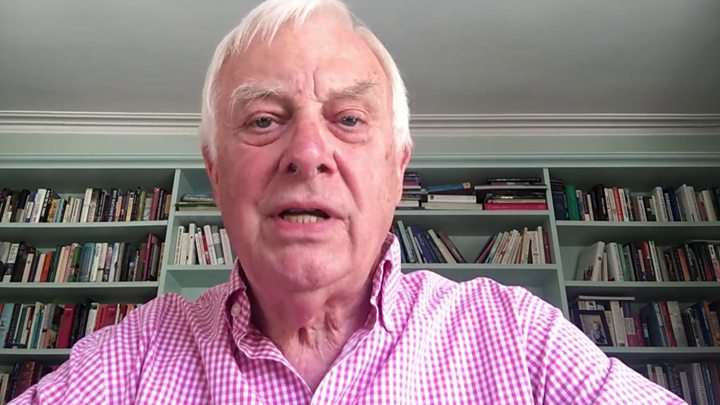
Media playback is unsupported on your device
They include 17 members of the US Congress, among them Republican Senator Marco Rubio, who is acting chairman of the Intelligence Committee, and Senator Ted Cruz as well as Democratic Senator Bob Menendez, who is the most senior Democrat on the Senate Foreign Relations Committee.
Democratic Representatives to sign include Eliot Engel, head of the House Foreign Affairs Committee, and Adam Schiff, chairman of the House of Representatives Intelligence Committee.
Some 44 UK MPs, including Tom Tugendhat, chair of the foreign affairs committee, and eight members of the House of Lords also signed.
Why does Beijing want to bring in the law?
Hong Kong, a semi-autonomous region and an economic powerhouse, was required to introduce such a law after the handover from British control to Chinese rule in 1997. But its unpopularity means it has never been done – the government tried in 2003 but had to back down after 500,000 people took to the streets.
Last year, Hong Kong was rocked by months of protests sparked by a bill that would have allowed extraditions to mainland China.
Now the Chinese government argues the law is necessary to “prevent, stop and punish” such protests in the future.
Beijing may also fear September’s elections to Hong Kong’s legislature. If last year’s success for pro-democracy parties in district elections is repeated, government bills could potentially be blocked.
China could essentially place the draft law into Annex III of the Basic Law, which covers national laws that must be implemented in Hong Kong – either by legislation, or decree.
The NPC is expected to vote on the draft law at the end of its annual session, on 28 May. It will then be forwarded to the NPC’s Standing Committee, China’s top legislature, which is expected to finalise and enact the law by the end of June.
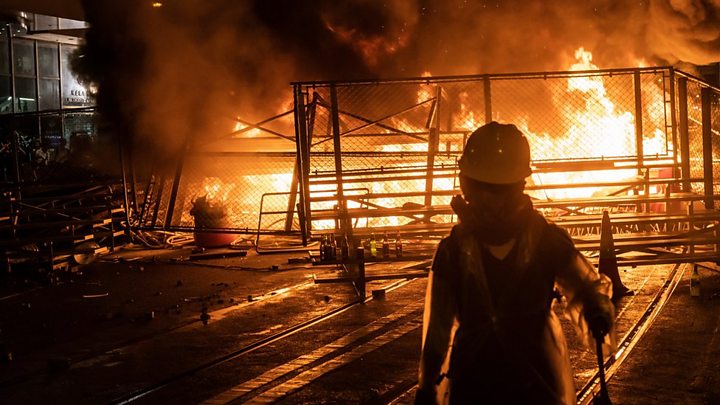
Media playback is unsupported on your device
